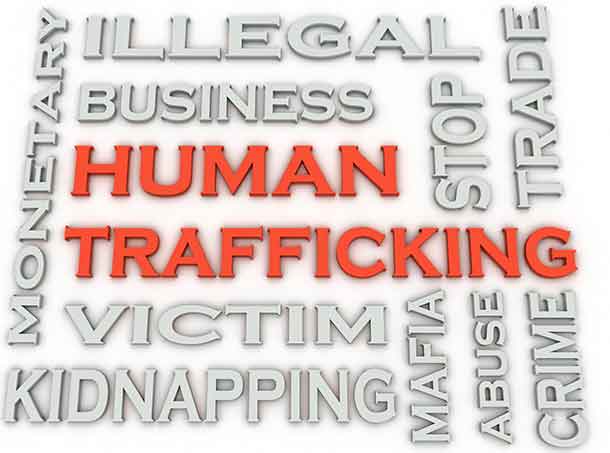By Anastasia Moloney
BOGOTA, (Thomson Reuters Foundation) – Hundreds of indigenous people, including children, across Ecuador are being trafficked each year but few victims come forward because of shame and fear and little is known about the true scale of the problem, campaigners say.
In Ecuador, the most common form of human trafficking involves women and girls forced into sex work, with indigenous women and children and migrants especially targeted.
Traffickers prey on poor indigenous families and their children by offering false promises of opportunities to study or good jobs, often as domestic workers or farm laborers.
“People are tricked. They are offered everything,” said Magdalena Fueres, an indigenous leader who belongs to Ecuador’s kichwas people.
“Girls who have been trafficked don’t report what’s happened to them because of shame and fear,” said Fueres, who heads UNORCAC, an association of indigenous women in Ecuador.
Their fear often stems from the traffickers’ threats to harm their family, she said.
Indigenous people make up about seven percent of Ecuador’s population of more than 16 million, with 14 different indigenous groups living from the Amazon jungle to the Andean highlands.
Forced child begging on city streets and forced labour involving indigenous men also occurs in Ecuador’s gold and copper mines, and banana and palm plantations, experts say.
Traffickers are known to lure people from their own communities and can face punishment under traditional laws.
“We carry out our indigenous justice in some trafficking cases,” Fueres said, during an online forum hosted by the Regional Advisory Foundation for Human Rights (INREDH) on Wednesday.
She said unemployment and poverty also push people out of their rural indigenous communities to seek work in Ecuador’s cities, where they are at risk of falling prey to traffickers.
Fueres said her community is spreading the message about the dangers of human trafficking through youth theatre performances.
“Raising awareness about labour exploitation and sexual abuse through acting, theatre has more impact,” Fueres said. “Trafficking isn’t a word we use. We have to explain it using our own language.”
Ecuador introduced a national anti-trafficking action plan in 2013 to better protect and help victims of human trafficking and the crime carries a prison sentence of up to 26 years.
Authorities arrested 56 suspected traffickers and carried out 52 anti-trafficking operations in 2016, up from 10 in 2015, according to the U.S. State Department’s 2017 Trafficking in Persons Report.
But Veronica Supliguicha, who heads Colibri Wings Foundation, an Ecuadorian rights group that helps rescued victims, said the true scale of trafficking is not known and that the problem is grossly under-reported.
“Victims of trafficking often don’t see themselves as victims,” Supliguicha said. “Trafficking cases can be wrongly reported as cases of rape and sexual abuse.”
(Reporting by Anastasia Moloney @anastasiabogota, Editing by Ros Russell.; Please credit the Thomson Reuters Foundation, the charitable arm of Thomson Reuters, that covers humanitarian news, women’s rights, trafficking, property rights, climate change and resilience. Visit http://news.trust.org)








